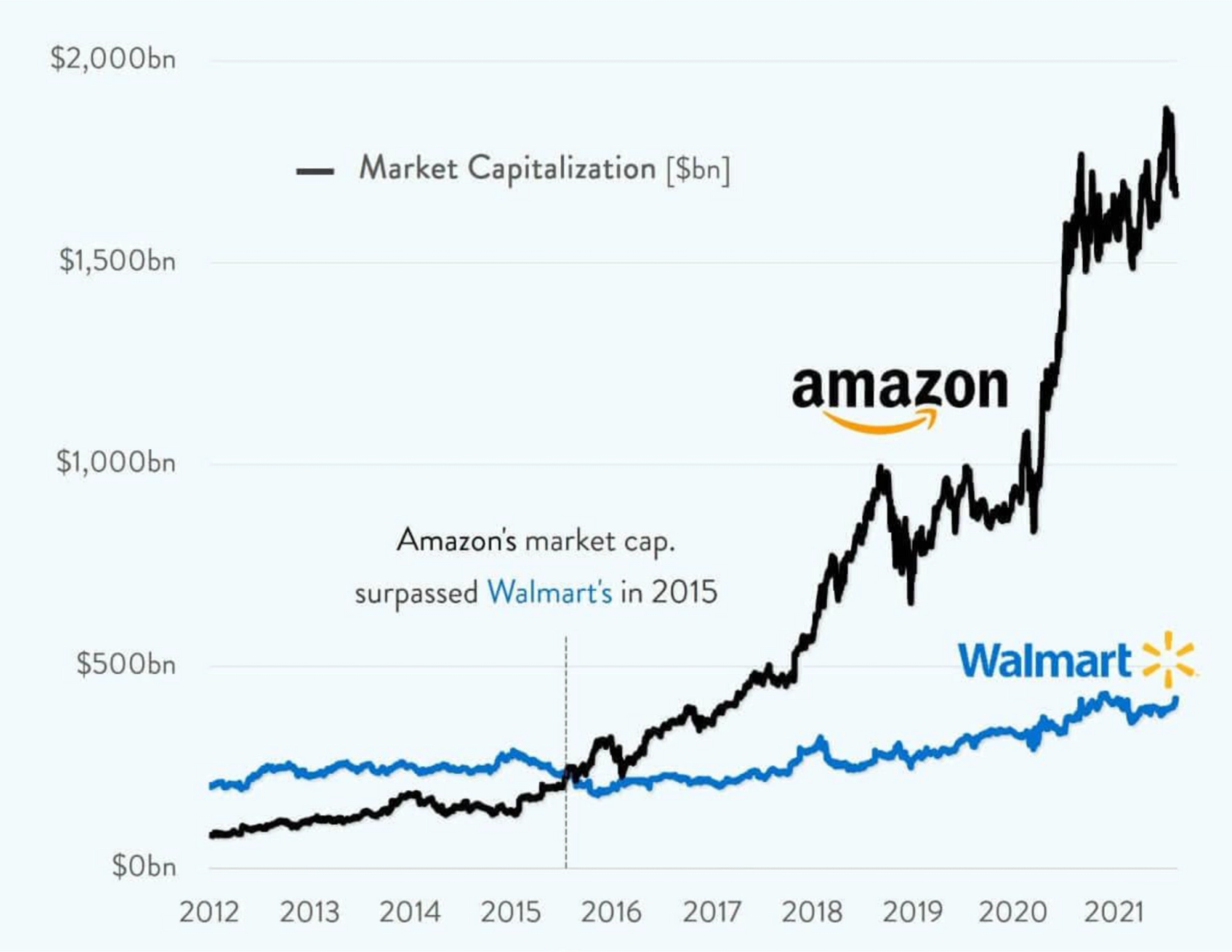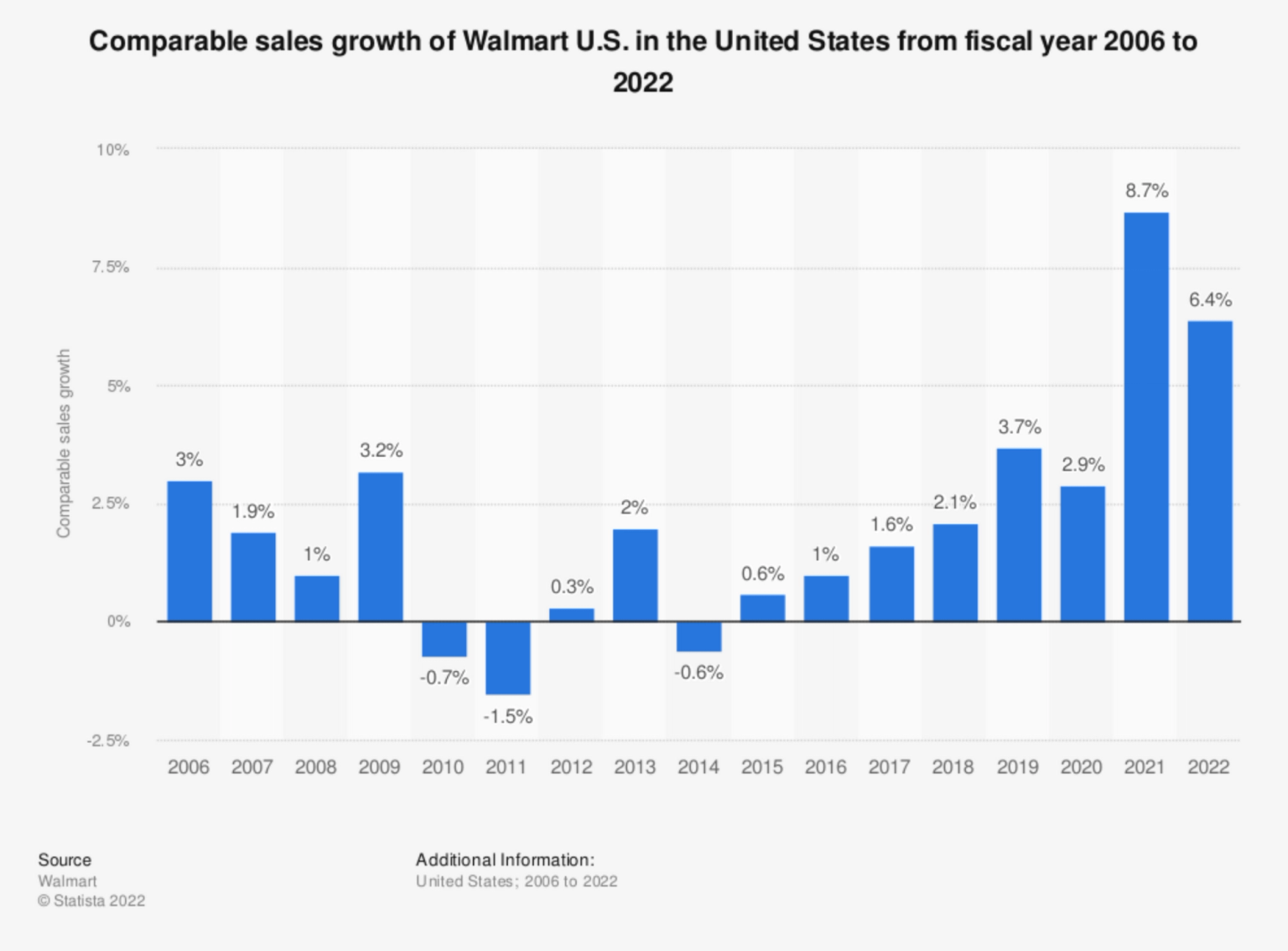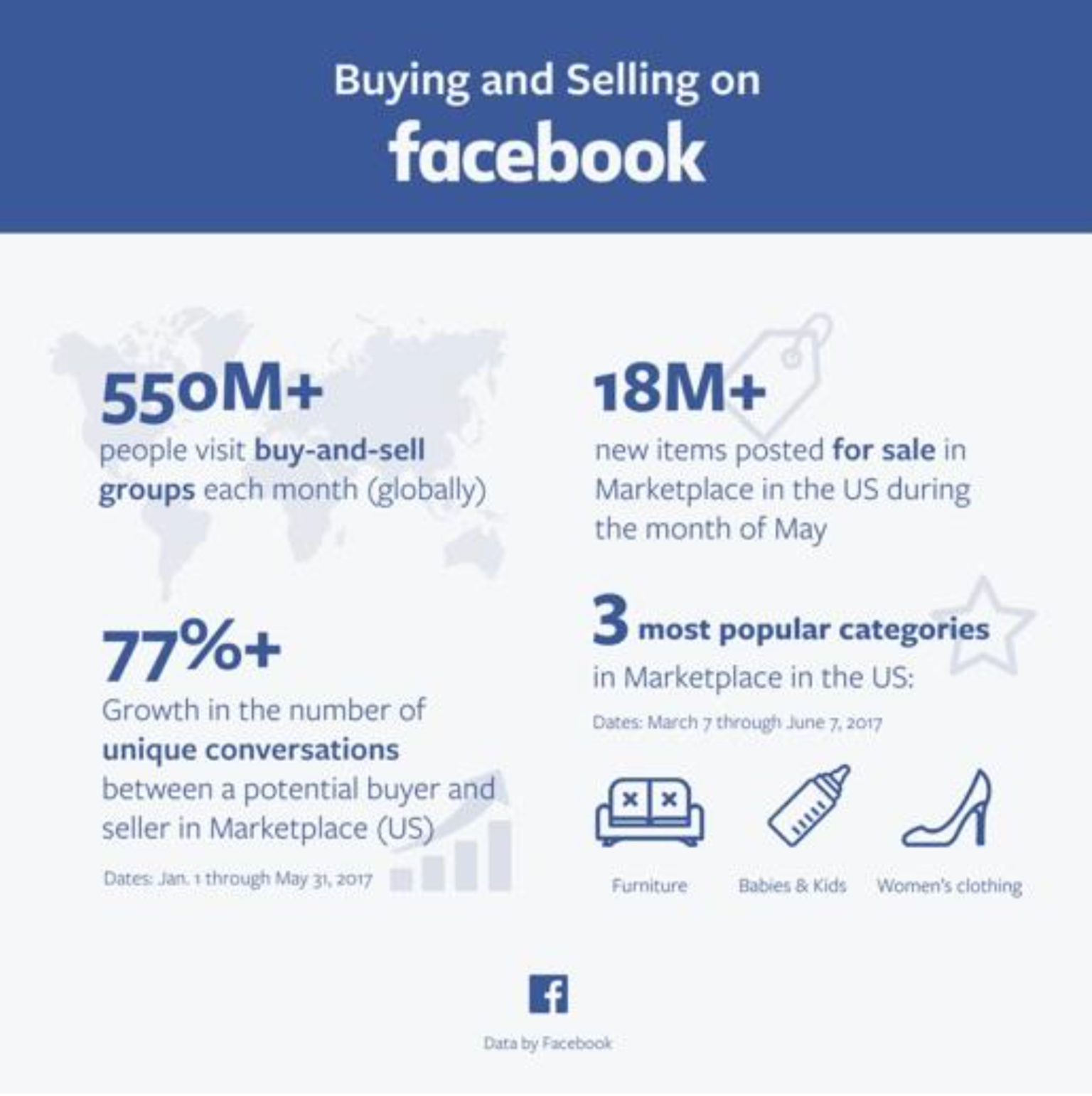Amazon Vs. Walmart | Which is The Best Marketplace For Sellers?
In this article, we will look in detail at the differences between e-commerce platforms and also inform you about their target audience. Check Now!


Amazon
Amazon has over 300 million active customer accounts and almost one-third of Americans have an Amazon Prime Membership. This makes selling on Amazon the most evident and safest long-term choice for somebody interested in starting an eCommerce business.
As the biggest retailer worldwide, Amazon controls over 50% of all online sales within the US. Third-party sales (including both dropshipping and wholesale schemes) in the Amazon marketplace are increasing at 52% annually, compared to 25% for first-party sales by Amazon. During the 2020 holiday season, small businesses in the US sold almost a billion products on Amazon. In fact, Amazon's online sales have exceeded the gross market share of Apple, Staples, and Walmart with almost double the amount.
The best part about the Amazon marketplace is that there is no marketing fee involved. Experienced eCommerce marketers already know that online marketing is expensive, taking away more than 50% of your revenue. But as an Amazon seller, you can save those costs as the platform does a bit of the marketing itself, encouraging interested buyers to check out your products.

Source: SimilarWeb
Why Choose Amazon?
Amazon is most suitable for eCommerce investors that are looking for long-term opportunities and wish to leverage eCommerce automation. You can run a profitable business online without having to worry about account terminations, continuous policy changes, and inconsistent profit margins.
In addition, Amazon offers a robust fulfillment infrastructure with its FBA model, freeing you from the stress of packaging, labeling, returning, and shipping orders to your consumers. Starting with Amazon is also a great way to ensure a smoother transition to different marketplaces in the future.
Walmart
Walmart Marketplace is the fastest-growing eCommerce marketplace of all. According to Statista, it surpassed 100,000 sellers in its marketplace in July 2021, almost three times more than before COVID-19. Walmart was the third most visited online marketplace in the US by the second half of 2021.
One of the biggest competitive advantages of Walmart over Amazon is the smaller number of retailers that compete on this platform. The application and selection process decreases competition for sellers. Plus, less saturation allows excellent sellers to shine and build their brand rather more easily on Walmart than on other platforms. Apart from leveraging Walmart’s enormous brand value, you can also benefit from the lower cost of a Walmart Seller Account. There’s no monthly fee. Plus, a continuously developing fulfillment infrastructure supports your seller journey.
Compared to other platforms, Walmart seems to be the best option in the long run, aiming to exceed Amazon’s online sales. This is evident from the fact that Walmart’s eCommerce revenue has increased by about 90% from the pre-COVID period to the end of January 2022. Moreover, exclusivity offered by the Walmart marketplace builds trust in customers to engage with your brand. As a result, you can expect to make the best profit margins at Walmart in the long term.

Source: Statista
Why Choose Walmart?
Through its fulfillment services (WFS), Walmart gives sellers a little more control over user experience. It gives you the option to let Walmart fulfill and ship your orders. In 2021, WFS fulfilled about 25% of sales on Walmart marketplace. The Gross Merchandise Volume (GMV) of Walmart more than doubled in 2020 and is likely to continue to grow faster than Amazon. This quick growth is key reason sellers are adopting WFS.
Walmart is the best option if you are looking to enjoy high-profit shares. Plus, the competition on the Walmart marketplace isn’t quite as steep as Amazon and Facebook. However, keep in mind that Walmart only accepts experienced eCommerce retailers. But you don’t have to worry. With AWM’s well-designed multi-channel eCommerce development plan, you can easily launch your own Walmart store.
If you are looking to sell your products to a targeted audience, Facebook Marketplace is perhaps the best tool for you. Since its launch in 2017, Facebook Marketplace is opening the doors for many small businesses across the globe to sell products through its remarkable channel. However, the introduction of Facebook Shops has completely changed the way the online retail world functions.
On average, there are over 1.88 billion daily active users on Facebook, an increase of 8% year-over-year. According to Mark Zuckerberg, there are more than a million Facebook Shops, with over 250 million users interacting with those storefronts every month.
With a Facebook store, sellers can target customers directly through their favorite communication channels. This creates a bespoke customer experience, removing any need to search for products through an intermediary (like Amazon). This focused reach results in a faster scaling process for your online business.
Compared to other platforms, Facebook has the easiest qualification process. By opting for Facebook, you enter a market that’s guaranteed to continue the uptrend, especially with Facebook Shops.

Source: Adweek
Why Choose Facebook?
Facebook is an excellent platform for those with a limited amount of capital or credit to finance operations and scale up an online store. It also benefits from cashing out in a daily payout system, which might be the most flexible yet easy-to-liquidate income that you can immediately reinvest. Despite the smaller one-time profits, you might quickly gain capital and reinvest assets into business development purposes.
The seller strategies do not differ much between Facebook and other platforms like Amazon and Walmart. However, unlike many other eCommerce or reselling marketplaces, Facebook doesn’t charge any fee to list your items if you sell them locally. If a consumer places an order for shipping, you are only charged 5% per shipment, or a flat fee of $0.4 for shipments of $8 or less. The low overhead makes listing products on Facebook a no-brainer for new and seasoned eCommerce sellers.
Start Your eCommerce Store with AWM
No matter what marketplace you choose, you can quickly begin your eCommerce journey with AWM and earn a stable passive income for a longer and more predictable period. We not only help you start, automate, and optimize your eCommerce retail store, but also offer consultancy services and a personalized growth cycle for you. This helps us guarantee to qualify and support the day-to-day operations of your business while securing the highest returns. Reach out to us to learn more about how we can help you.